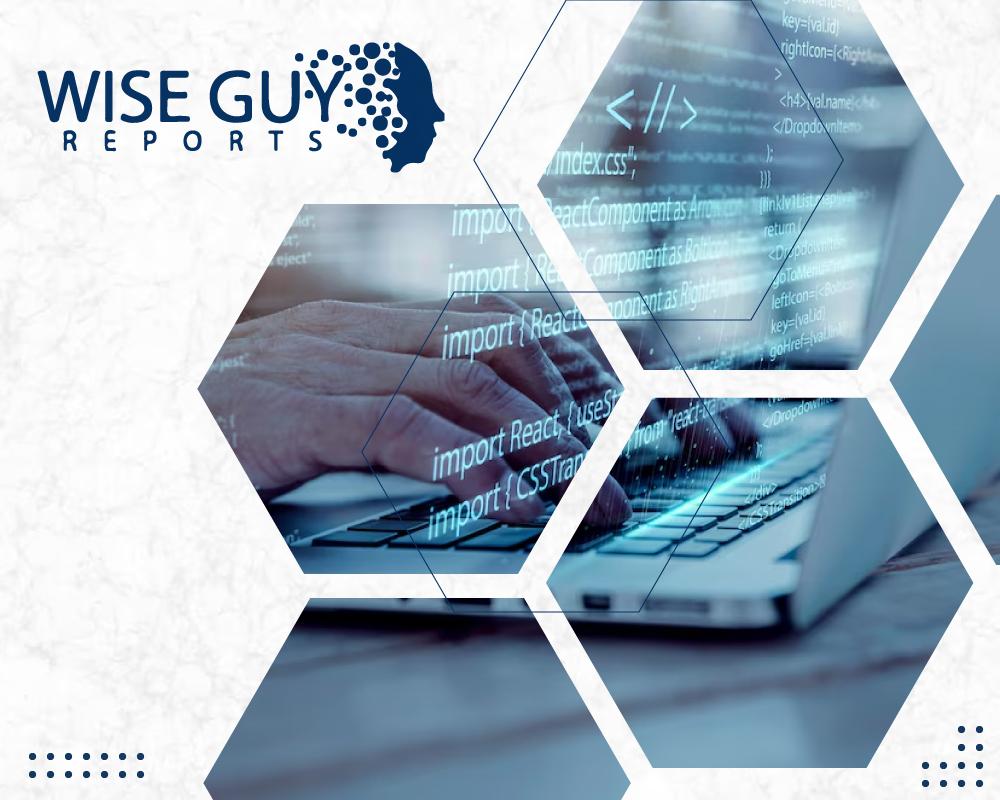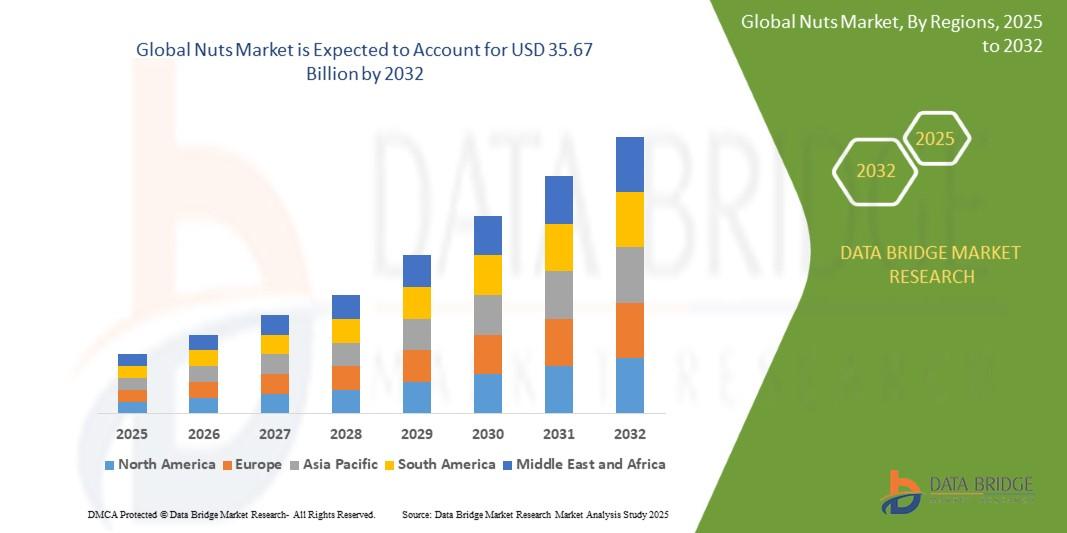Revolutionizing Patient Care with the Internet of Things for Healthcare

The integration of the Internet of Things for Healthcare is fundamentally reshaping the landscape of medical care, ushering in an era of connected, proactive, and personalized health management. This transformative technology involves a network of interconnected medical devices, wearable sensors, and health applications that can collect, transmit, and analyze patient data in real time. From smart glucose monitors that automatically track blood sugar levels to intelligent hospital beds that can detect patient movement and prevent falls, these solutions create a continuous stream of valuable health information. This data empowers both patients and healthcare providers with unprecedented insights, enabling them to move from a reactive model of treating sickness to a proactive one focused on maintaining wellness. The ability to monitor health metrics remotely is breaking down the physical barriers of the traditional clinic, paving the way for a more efficient and patient-centric healthcare system.
The primary benefit for patients is the newfound ability to take an active role in managing their own health, particularly for those with chronic conditions. IoT devices provide a constant feedback loop, helping individuals understand how their lifestyle choices impact their condition and encouraging adherence to treatment plans. For instance, a smart inhaler can track usage patterns and environmental triggers for asthma attacks, providing data that helps patients and their doctors develop more effective management strategies. For the elderly or those living with disabilities, IoT-enabled remote monitoring systems offer a sense of security and independence, allowing them to live safely at home while their vital signs are monitored by caregivers or clinical staff. This continuous connection provides peace of mind for families and ensures that any potential health issues are detected and addressed promptly, significantly improving the overall quality of life.
From the perspective of healthcare providers and institutions, the benefits are equally profound. The constant flow of data from IoT devices enables a more comprehensive and accurate understanding of a patient's health status than what can be gathered from sporadic clinic visits. This data supports evidence-based clinical decision-making, allowing for the fine-tuning of treatment plans and the early detection of complications, which can dramatically reduce hospital readmission rates. On an operational level, IoT solutions streamline hospital workflows. Real-time location systems for tracking medical equipment, automated inventory management for pharmaceuticals, and smart room technologies all contribute to a more efficient, less error-prone, and cost-effective healthcare environment. This operational optimization frees up valuable time for clinical staff to focus on what matters most: direct patient care.
Looking toward the future, the potential of IoT in healthcare is set to expand even further with its convergence with other advanced technologies like artificial intelligence (AI) and big data analytics. AI algorithms can analyze the massive datasets generated by IoT devices to identify subtle patterns and predict potential health events before they occur, enabling truly preventative medicine. This could mean alerting a patient with a heart condition to a high risk of an adverse event or predicting an infectious disease outbreak based on aggregated population health data. However, realizing this future requires addressing significant challenges, most notably data security and patient privacy. Ensuring that sensitive health information is protected through robust cybersecurity measures and complies with regulations like HIPAA is paramount to building and maintaining the trust necessary for widespread adoption.






